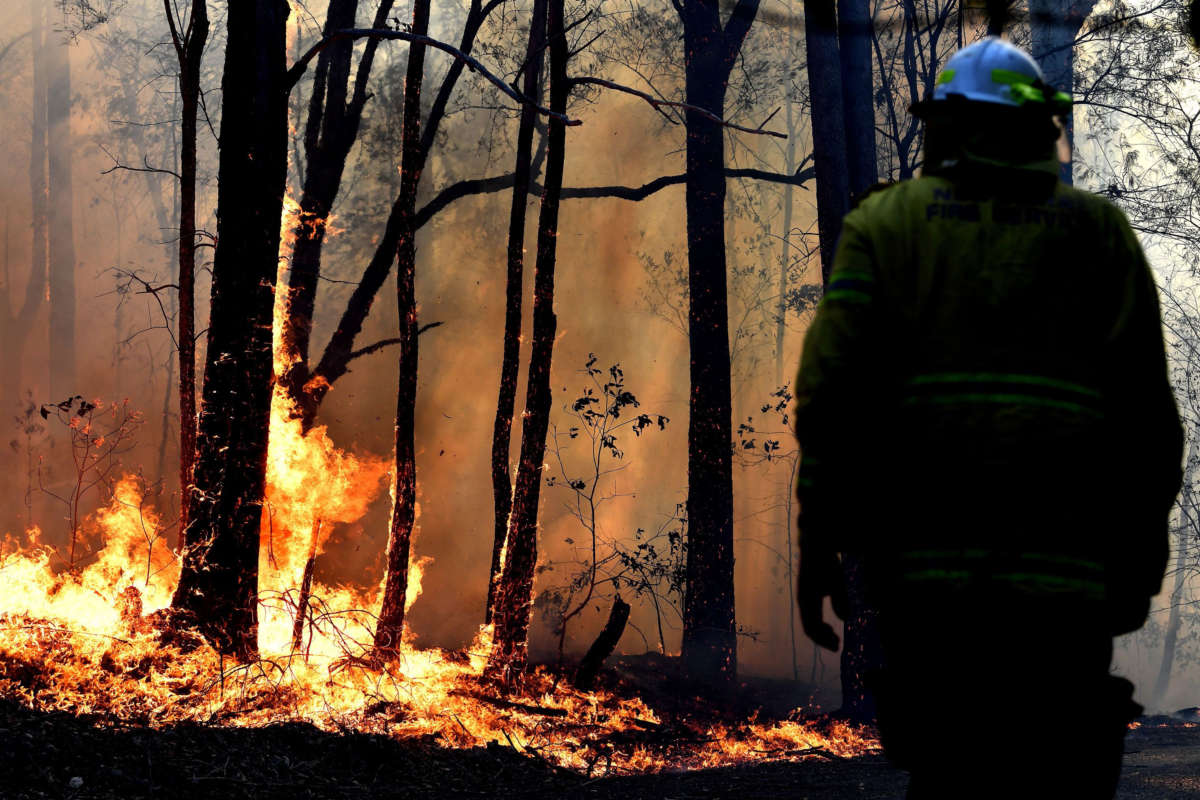Wildfires are a part of the natural rhythms of Australia’s environment. But scientists haven’t seen anything like this before. The bushfires in Australia are an unseen catastrophe.
The country is grappling with some of the worst wildfires in its history. At least 12 million acres of land have already been scorched and more than 100 blazes are still active — and the season has yet to reach its peak.
The blazes threaten to reshape Australia’s ecology even in places where plants and animals have adapted to yearly fires.
“If species are adapted to one set of climatic conditions and are now being forced to regenerate in climatic conditions that are very different, it’s going to be a lot harder to come back,”
said Camille Stevens-Rumann, an ecologist at Colorado State University in Fort Collins, who focuses her research on how ecosystems recover after major disturbances.
The impact of these bushfires is also providing a stark warning about the kinds of natural disasters that can be exacerbated by climate change, which is lengthening wildfire seasons in Australia, according to Sarah Perkins-Kirkpatrick, a climate scientist at the Climate Change Research Centre at the University of New South Wales in Sydney.
She said the biggest wildfires of the season typically break out in January or February, rather than in the spring. These earlier-than-usual blazes could portend a worrisome trend that is echoed around the world.
The ability of animals to recover from Australia’s wildfires is also a concern. Scientists are estimating that more than half a billion animals have already died in the fires, a figure that Stuart Blanch, a forest and woodland conservation policy manager at the World Wildlife Fund-Australia, called conservative.
Blanch said animals generally recover over the subsequent years and decades, but he added that Australia has not dealt with fires of this size and intensity before, and there are concerns that entire species or subspecies will be wiped out.
“Ecologists have much lower confidence that wildlife populations — particularly the 1,000 threatened species across the continent — will recover from such widespread and utter forest devastation,” he told NBC News in an email.
Climate change is adding further chaos to the system. As the planet warms and sea levels rise, some natural habitats are being permanently altered, outpacing the ability of plants and animals to adjust.
Some plants, such as the eucalyptus trees native to Australia, grow back quickly after wildfires. Within weeks of a blaze, eucalyptus can sprout green leaves almost miraculously from blackened trunks, Stevens-Rumann said.
Source: www.nbcnews.com

